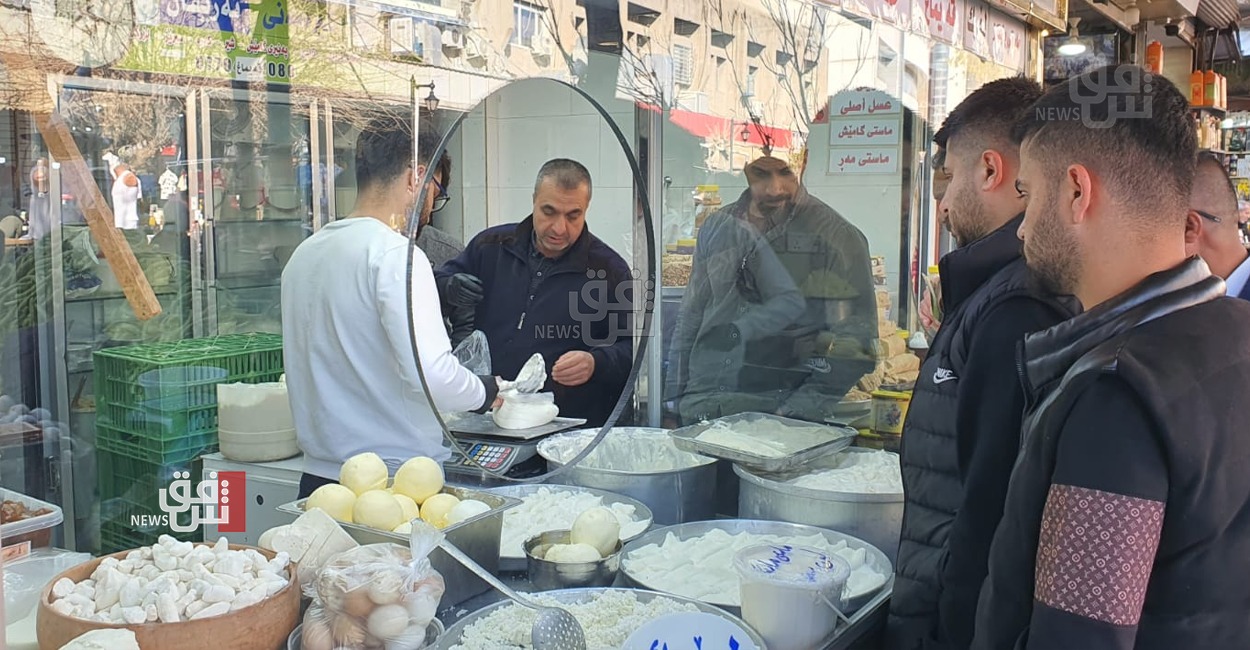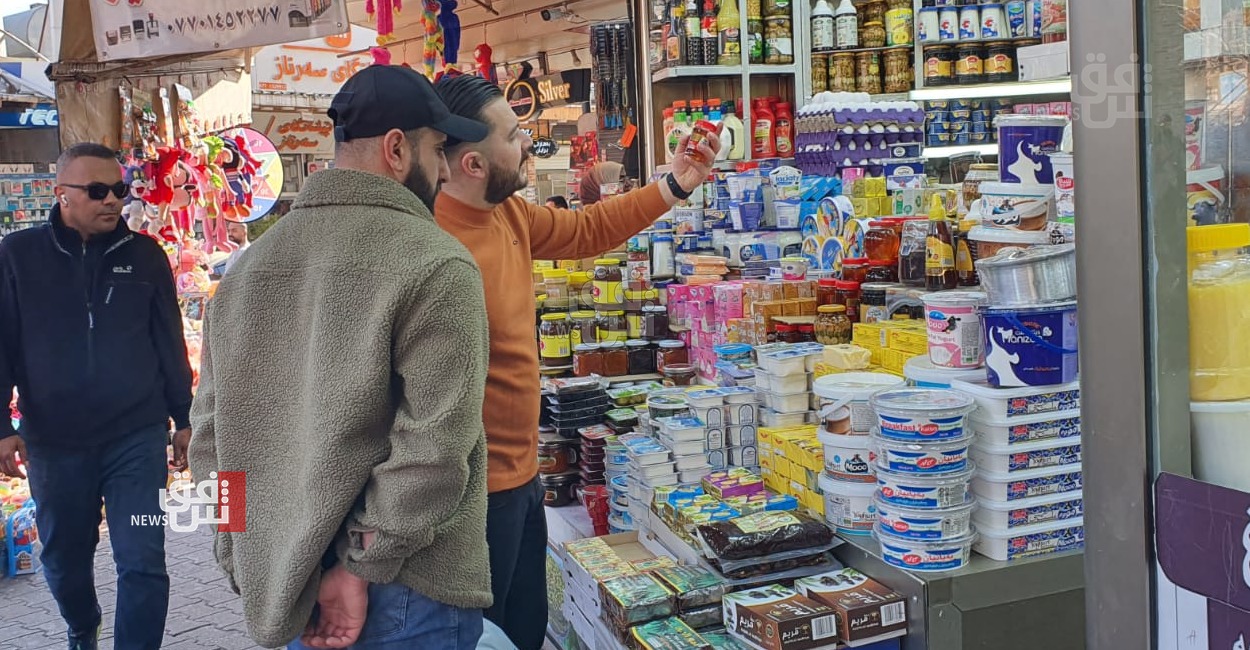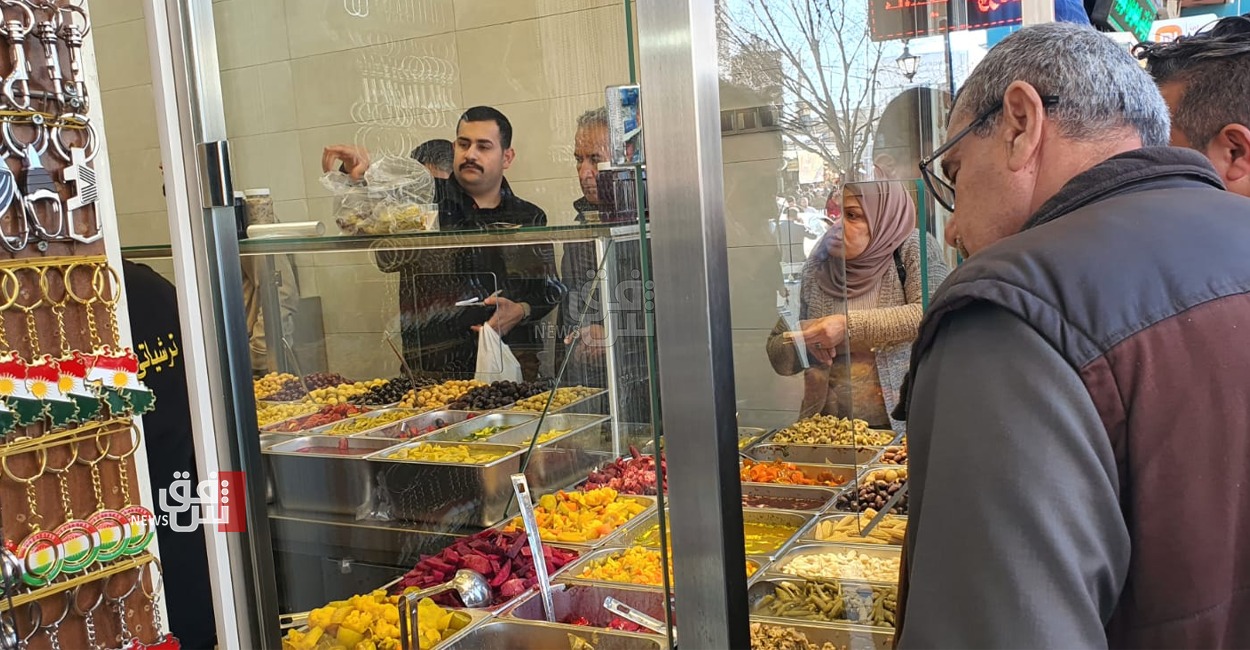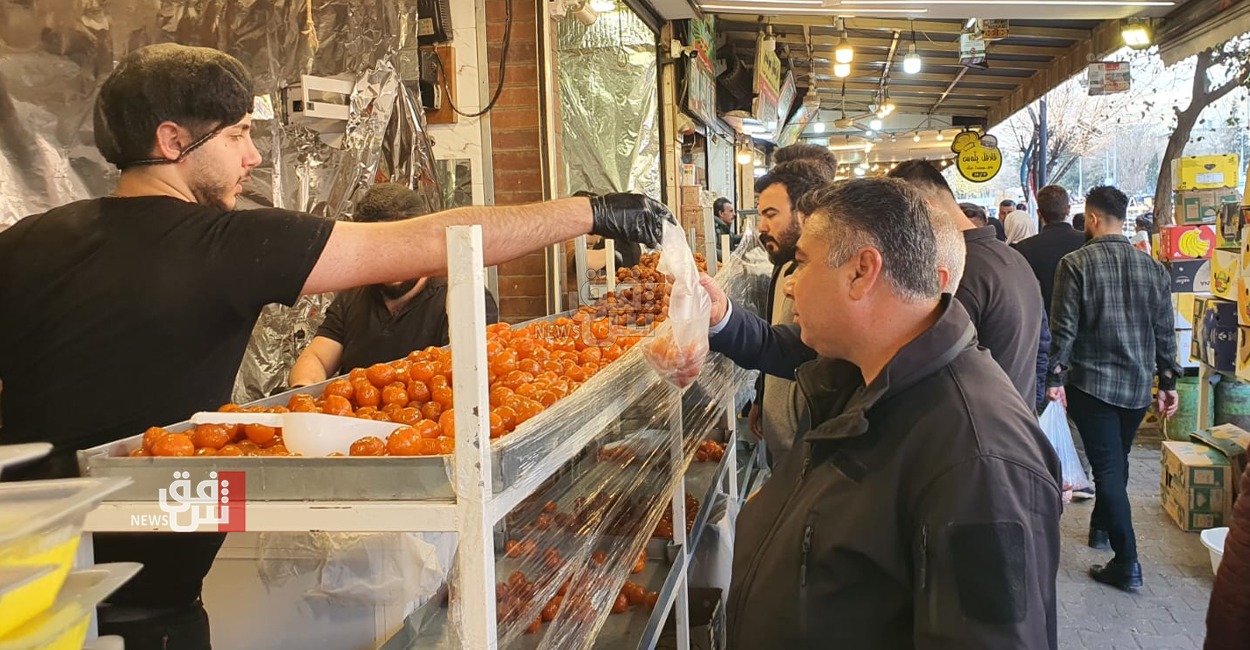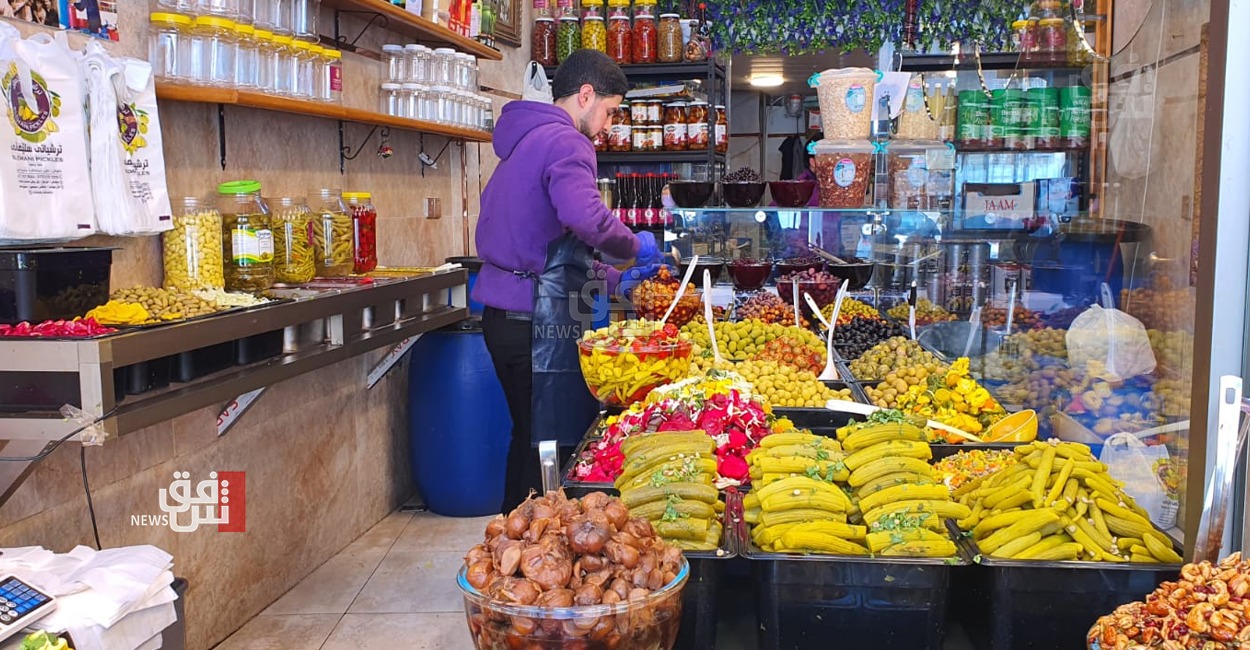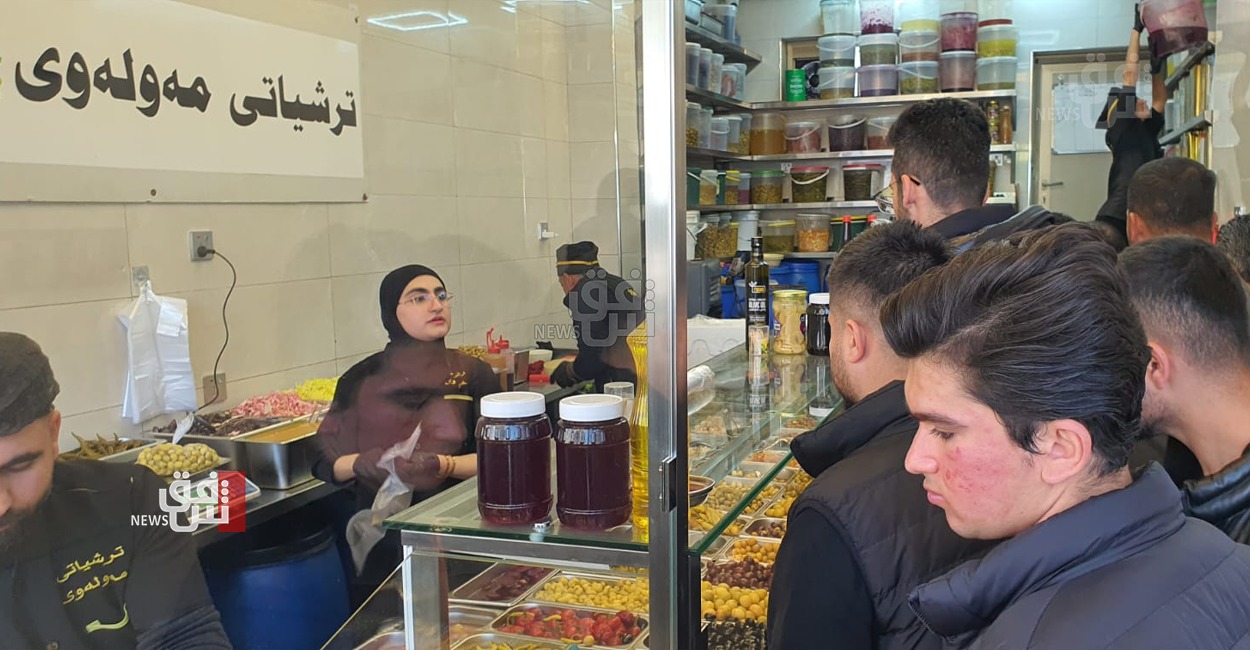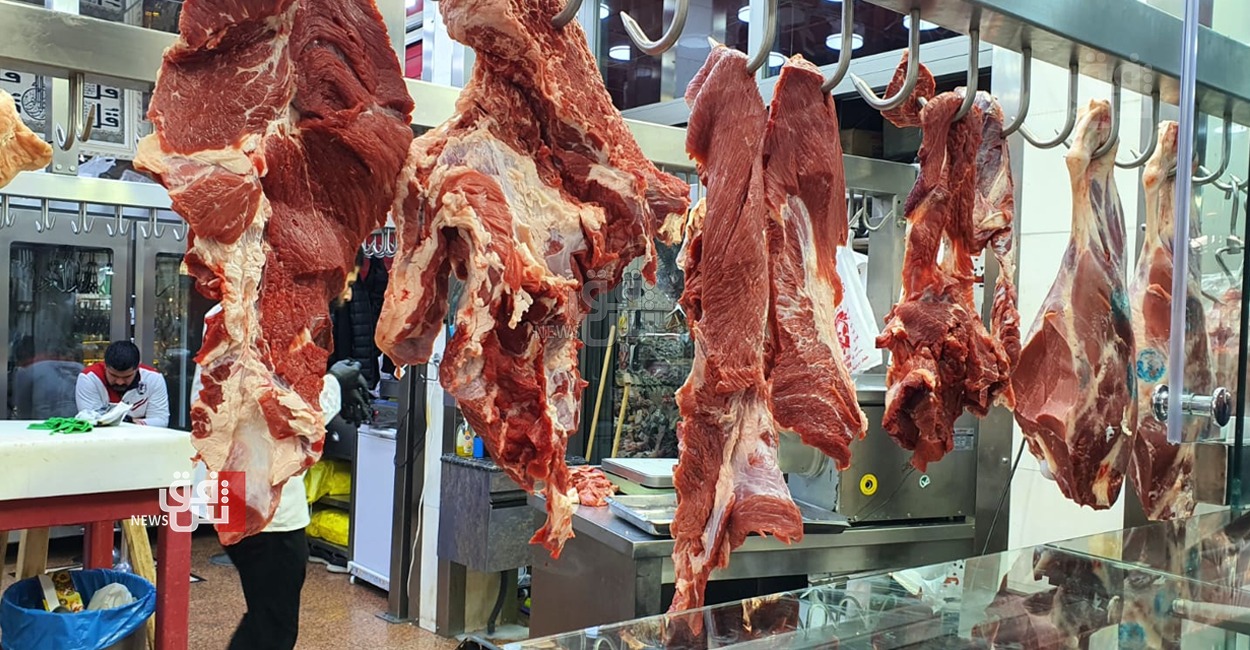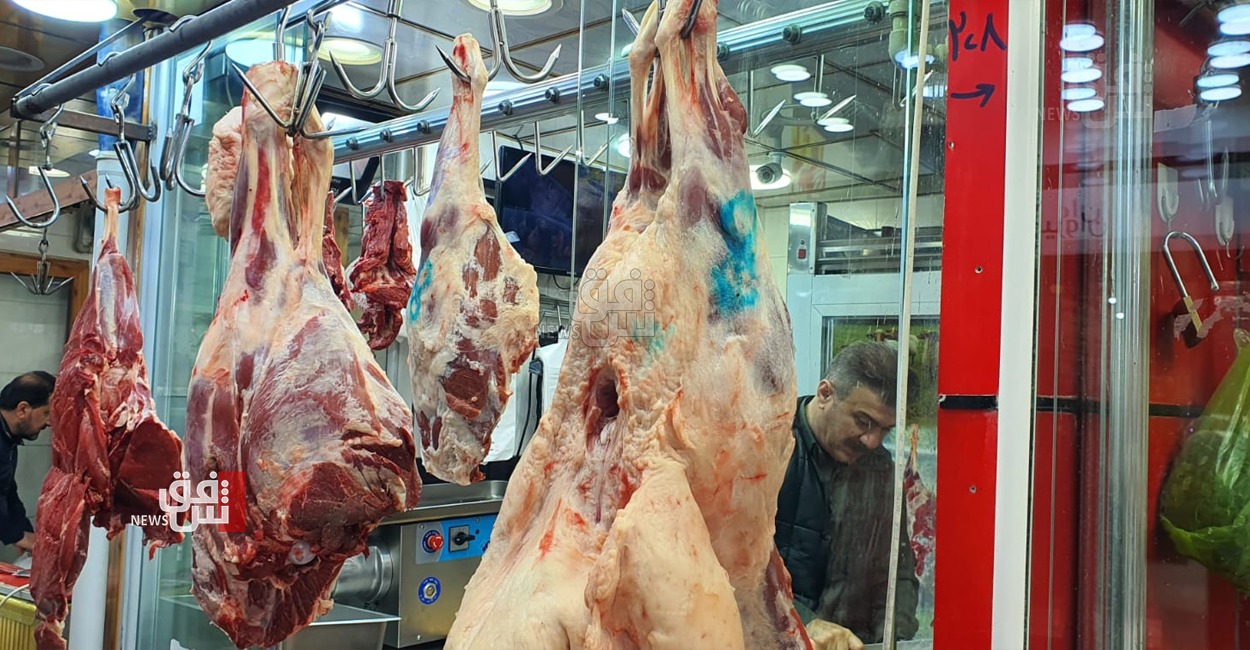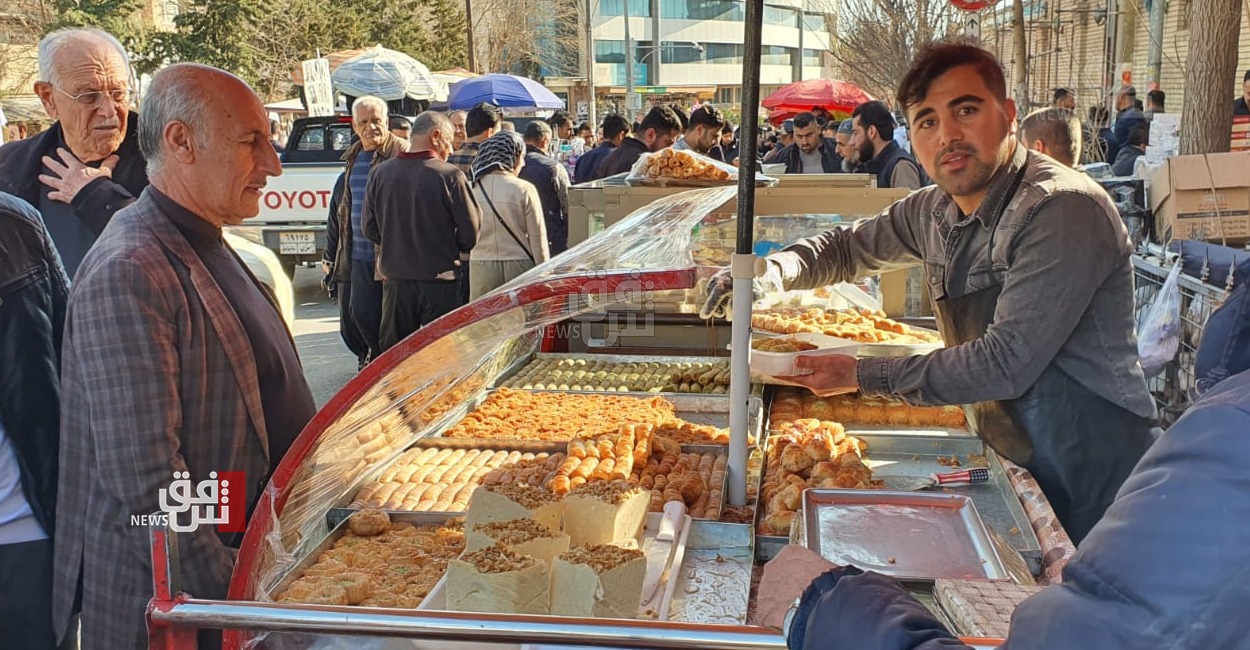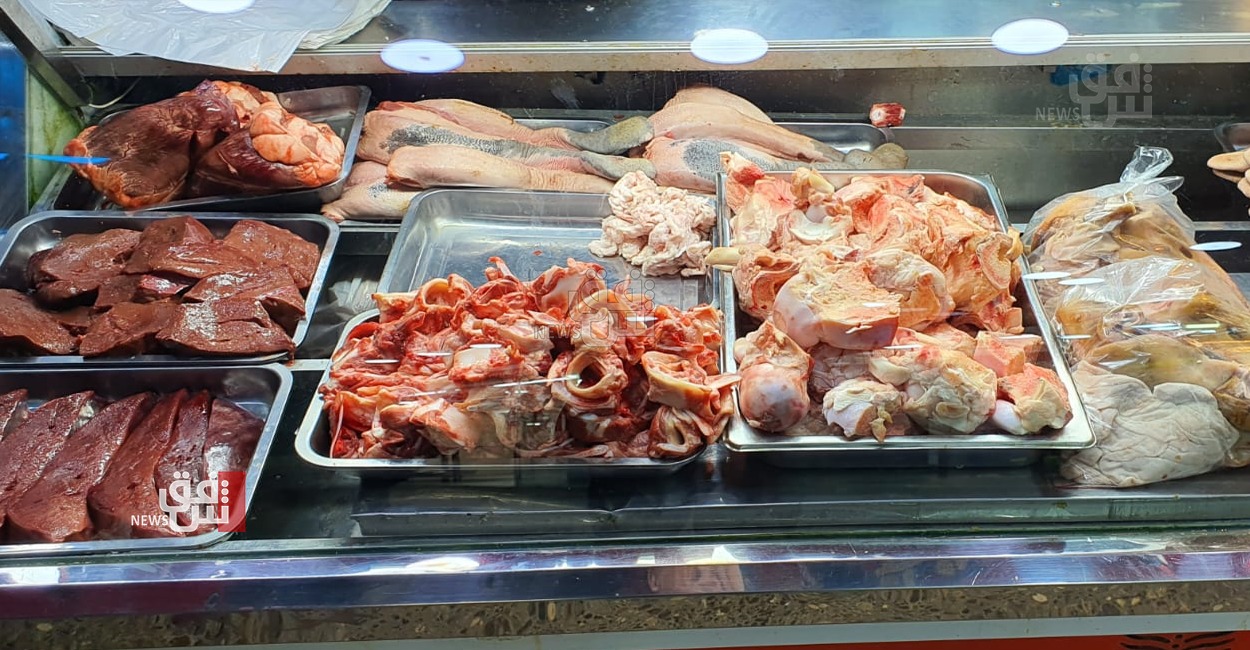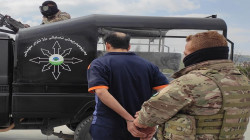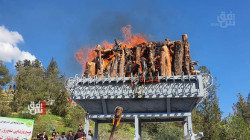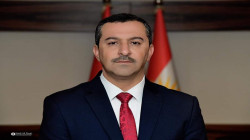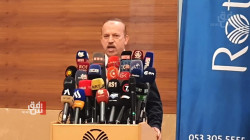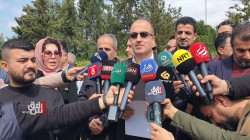Food prices soar in Sulaimaniyah as Ramadan begins
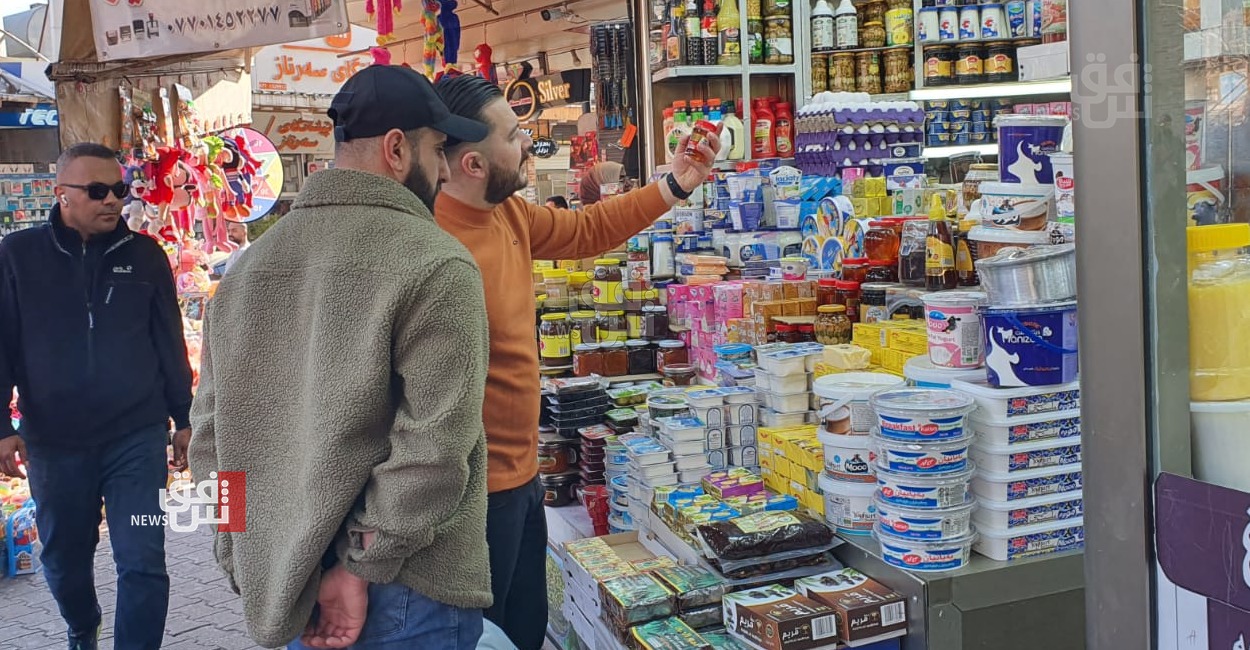
Shafaq News/ Food prices in the city of Sulaimaniyah have surged in the first days of Ramadan, creating a crisis and causing discontent among residents, many of whom are still waiting for their salaries to be paid.
The price of meat, vegetables, and other staples has increased by as much as 50% in some cases, according to local residents.
"This Ramadan is the worst because I can't afford to provide the basic necessities for my family," said Hawri Fakhri, a father of five who is the sole breadwinner for his household.
He blamed the government for the high prices, saying that the delay in paying salaries had caused a major economic crisis. "The government should take responsibility for this situation," he said.
Another resident, Intisar Salih, said that people were struggling to make ends meet.
"Even though prices were high before, they are now even higher," she said. "Maybe it's because of the increased demand, but if there is more demand for something, the price should go down."
The surge in food prices has hit low-income families particularly hard.
"The purchasing power has decreased a lot this year," said Barham Rashid, a date seller. "In previous Ramadans, people would buy 4 kilograms of dates, but now they come and ask for a quarter of a kilogram."
The high prices have also had a negative impact on businesses.
"The movement of the market is linked to the salaries of employees," said Aso Omar, a representative of the butchers in Sulaimaniyah. "If there are salaries, the market recovers, and vice versa."
He called on the authorities to reduce taxes and make it easier to import certain goods in order to reduce the cost for consumers.
The local authorities have said they are taking steps to address the crisis.
"All the committees of the Sulaimaniyah mayor's office, as well as the health, trade inspection, and security committees, will intensify their activities and will not allow food prices to rise because of Ramadan," said Sulaymaniyah mayor Awat Mohammed. "Any trader, market, or restaurant that violates the instructions will be prosecuted."
The director of preventive health in Sulaimaniyah, Rizgar Ahmed, said that food safety would be a top priority during Ramadan.
"We will closely monitor water, juice, and sweets factories and will not allow unhealthy food and drinks to reach the citizens," he said. "Those places that change their profession to make sweets during Ramadan must obtain a license from the health inspection office and follow the health guidelines."
